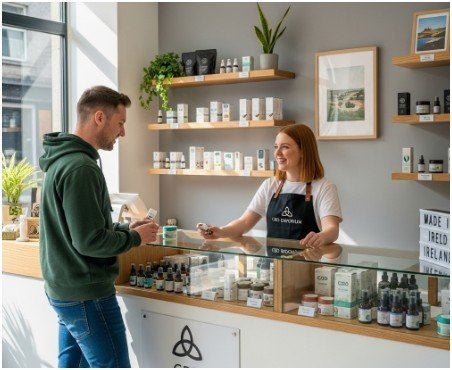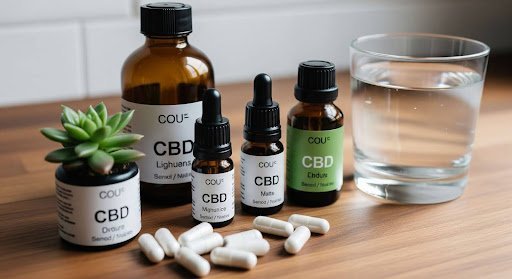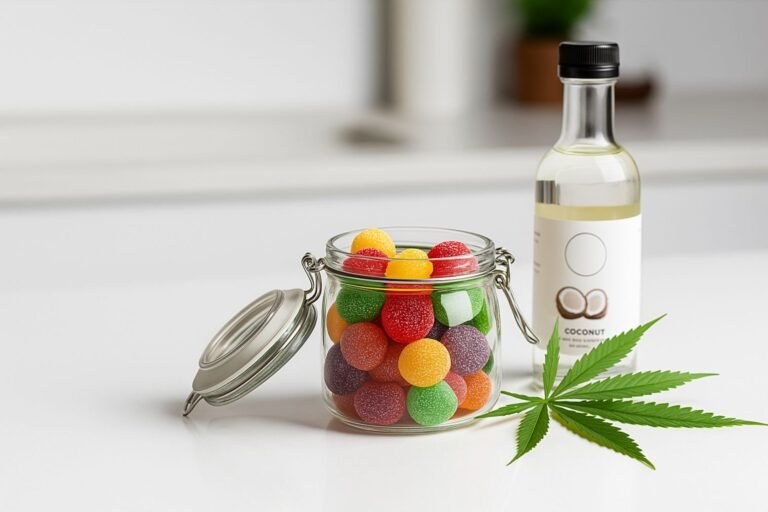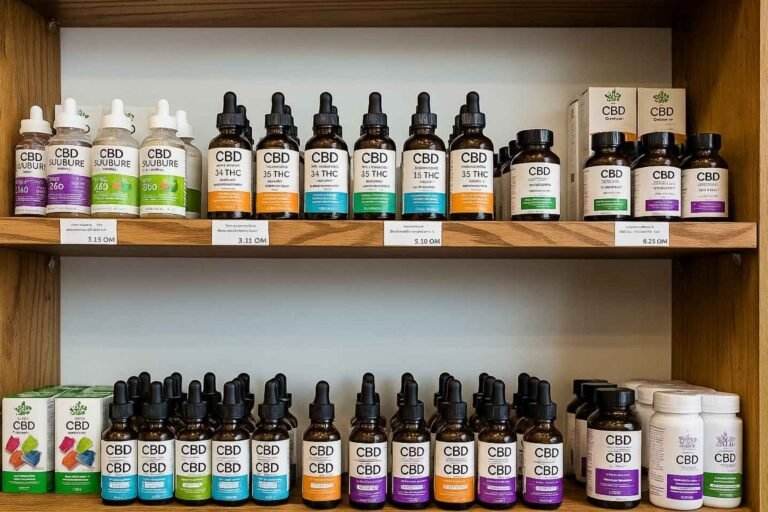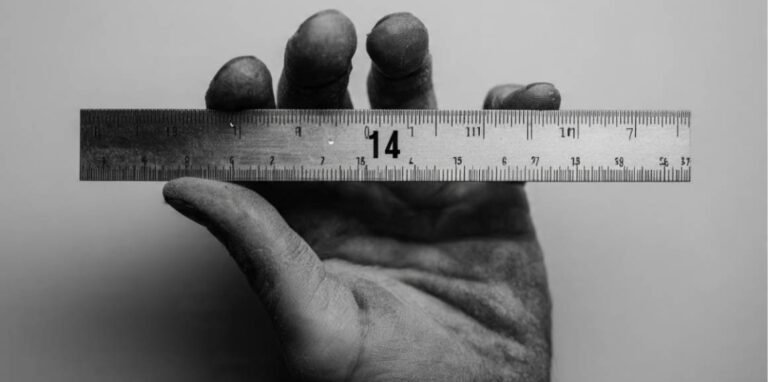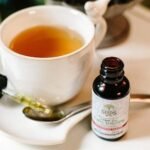Have you ever wondered if you can legally enjoy CBD products in Ireland? Well, you’re not alone.
With CBD gaining popularity worldwide for its potential wellness benefits, many are curious about its legality in the Emerald Isle.
As a pharmacologist who has spent over 15 years studying CBD, I’m here to break it all down for you.
Let’s tackle this topic with clarity, practicality, and a touch of humor, so by the end, you’ll know exactly where you stand.
So, Is CBD Legal in Ireland?

First things first: CBD is legal in Ireland, but only if it meets some pretty strict regulations. The most important rule to remember is the THC limit.
If you’re not familiar with THC, it’s the psychoactive compound found in cannabis that causes the “high.”
The good news is that CBD products containing less than 0.2% THC are perfectly legal. Any product that exceeds this THC limit is a no-go.
You might be thinking, “Well, that sounds pretty clear.” But hold on—things get a little more complicated when we dig deeper into the details.
What Kind of CBD Products Are Legal?

Not all CBD products are created equal, and the law in Ireland has some clear distinctions.
1. CBD Oil and Supplements
CBD products in Ireland are legally sold as food supplements and not as medicinal products. This means that brands can’t make specific health claims about them.
You’ll find CBD oils, capsules, and tinctures being sold in health food stores and online, but they cannot be marketed as cures or treatments for medical conditions.
2. CBD Edibles and Topicals
Beyond oils, you can find CBD in various forms, such as edibles like gummies, chocolates, and even CBD-infused skincare products.
These are completely legal as long as they meet the THC threshold. If you’re into beauty, you’ll be happy to know that CBD-infused skincare is gaining popularity as a soothing and nourishing ingredient.
3. CBD Buds – A Bit Trickier
This is where the waters get a little murky. While CBD buds (the flower of the hemp plant) are often sold in other countries, their legal status in Ireland remains unclear.
If you’re thinking about smoking CBD buds, be aware that there’s a grey area in the regulation.
Technically, these products should comply with the THC limit, but the market for CBD buds is not as clearly defined in the legal framework.
Can I Buy CBD Without a Prescription?

Absolutely! Unlike cannabis-based products that require a prescription, CBD products with less than 0.2% THC can be purchased without a prescription. This makes it super accessible for those who want to give CBD a try for general wellness.
However, prescription is required if you’re after a cannabis-based product with higher THC content, but that’s reserved for individuals with specific medical conditions, and those products are available only under the pilot access program.
Is CBD Oil Safe to Use in Ireland?

CBD oil, when used as directed, is safe for most people and doesn’t produce the intoxicating effects that cannabis with higher THC content can cause.
That being said, like with any product, quality matters. Since the CBD industry is still evolving, the consistency and quality control across products can vary significantly.
To ensure you’re getting a high-quality CBD product, look for brands that provide third-party lab test results. These tests confirm the exact amount of THC and other cannabinoids, ensuring the product meets the legal requirements.
If you’re a newbie to CBD, starting with a lower dosage and gradually increasing is a good way to assess how your body responds.
Always consult your healthcare provider before incorporating CBD into your routine, especially if you’re taking other medications.
Risks of Using CBD: What You Should Know

1. THC Trace and Drug Testing
Although CBD products are legal in Ireland if they contain less than 0.2% THC, there’s always a tiny risk of failing a drug test.
Some products labeled “THC-free” might still contain trace amounts of THC, and roadside drug tests are designed to detect even the smallest amounts of THC.
If you are concerned about drug testing, consider using CBD isolate or broad-spectrum CBD, which are free from THC.
2. Uncertainty for Sellers
While you, the consumer, are mostly in the clear, sellers can face challenges.
Enforcement actions from the Garda Síochána (Irish police) or customs officers can sometimes complicate things for businesses, especially when it comes to selling products that might contain trace amounts of THC.
It’s a good idea to buy from trusted, reputable suppliers who provide lab results to confirm that their products comply with Irish law.
How to Make Sure You’re Getting Legal CBD in Ireland?

To make sure you’re buying legal and high-quality CBD in Ireland, follow these steps:
- Check the THC content: Make sure the product contains less than 0.2% THC. Most reputable brands will provide third-party lab test results that confirm this.
- Buy from reliable sources: Stick with well-established brands that offer transparency about their sourcing and production processes. Look for clear labeling, and avoid shady sellers.
- Look for Novel Food Compliance: CBD products sold as food supplements must comply with EU novel food regulations. While the freeze on new products has caused some delays, make sure the product you’re buying complies with these rules.
- Avoid CBD Buds unless sure: If you’re interested in CBD buds, be aware that their legal status is still not completely settled. Stick to oils, capsules, and edibles until the law becomes clearer on buds.
Here’s a quick reference table summarizing the key points about CBD legality in Ireland:
| Aspect | Details |
| THC Limit | CBD products must contain less than 0.2% THC. |
| Source | Must be derived from approved industrial hemp (Cannabis sativa). |
| Product Types | Legal forms include oils, capsules, tinctures, edibles, and topicals. |
| Prescription | No prescription required for CBD products with less than 0.2% THC. |
| CBD Buds | Legal status of CBD buds is unclear and remains in a grey area. |
| Quality Control | Quality may vary; look for third-party lab testing results for THC content. |
| CBD and Drug Testing | Risk of positive THC test from trace amounts in products. Opt for CBD isolate or broad-spectrum CBD. |
| Regulation | CBD is classified as a food supplement; not medicinal. |
| Novel Food Compliance | Must comply with EU novel food regulations. |
This table highlights the essential facts you need to know about CBD’s legal status and considerations in Ireland.
FAQ: Your Burning CBD Questions Answered
1. Is CBD flower legal in Ireland?
While CBD oil and other forms of CBD are legal in Ireland, CBD flower is more complicated. The legal status of CBD buds remains unclear, as the market for them is not fully defined under Irish law. If you’re looking to smoke CBD, it’s better to stick with oils or edibles to avoid any legal risks.
2. Can CBD oil help with anxiety?
Many people use CBD oil to help with anxiety, and while there is some promising research, the FDA hasn’t approved CBD for anxiety treatment.
Always speak to your doctor before using CBD to manage anxiety, especially if you’re already on medication.
3. Will CBD show up in a drug test?
There’s a small chance that CBD oil with trace amounts of THC could show up in a drug test, particularly in roadside or workplace screenings.
To minimize this risk, opt for CBD isolate or broad-spectrum CBD, which contain no THC.
4. Can I travel with CBD to Ireland?
Yes, you can bring CBD to Ireland, as long as it meets the legal THC content limit of 0.2%.
However, if you’re flying in from another country, always check the specific regulations regarding CBD for your departure and arrival countries.
Wrapping It Up: The Green Light or the Red Flag?
So, is CBD legal in Ireland? Yes, with some important caveats. As long as your CBD products contain less than 0.2% THC and are derived from approved hemp sources, you’re good to go.
But always ensure you’re buying from reputable brands, especially as the regulatory landscape remains somewhat ambiguous.
Here’s a tip: If you’re looking for peace of mind and quality assurance, always check for third-party lab results.
These results confirm that the CBD product is up to snuff, and ensures you’re legally and safely enjoying the benefits of CBD.
Remember, when it comes to wellness, transparency is key—whether it’s CBD or any other product you’re incorporating into your daily routine!





